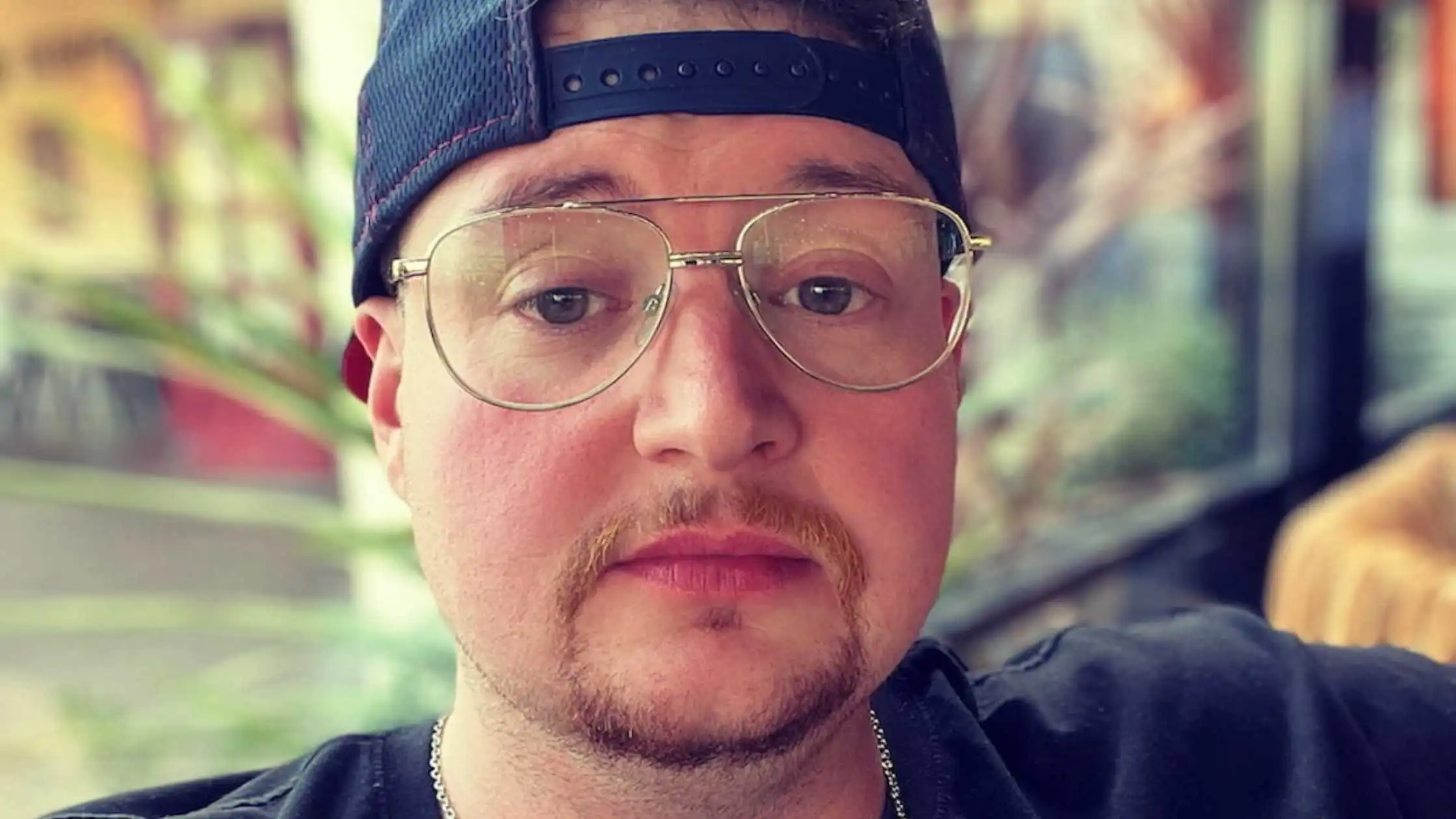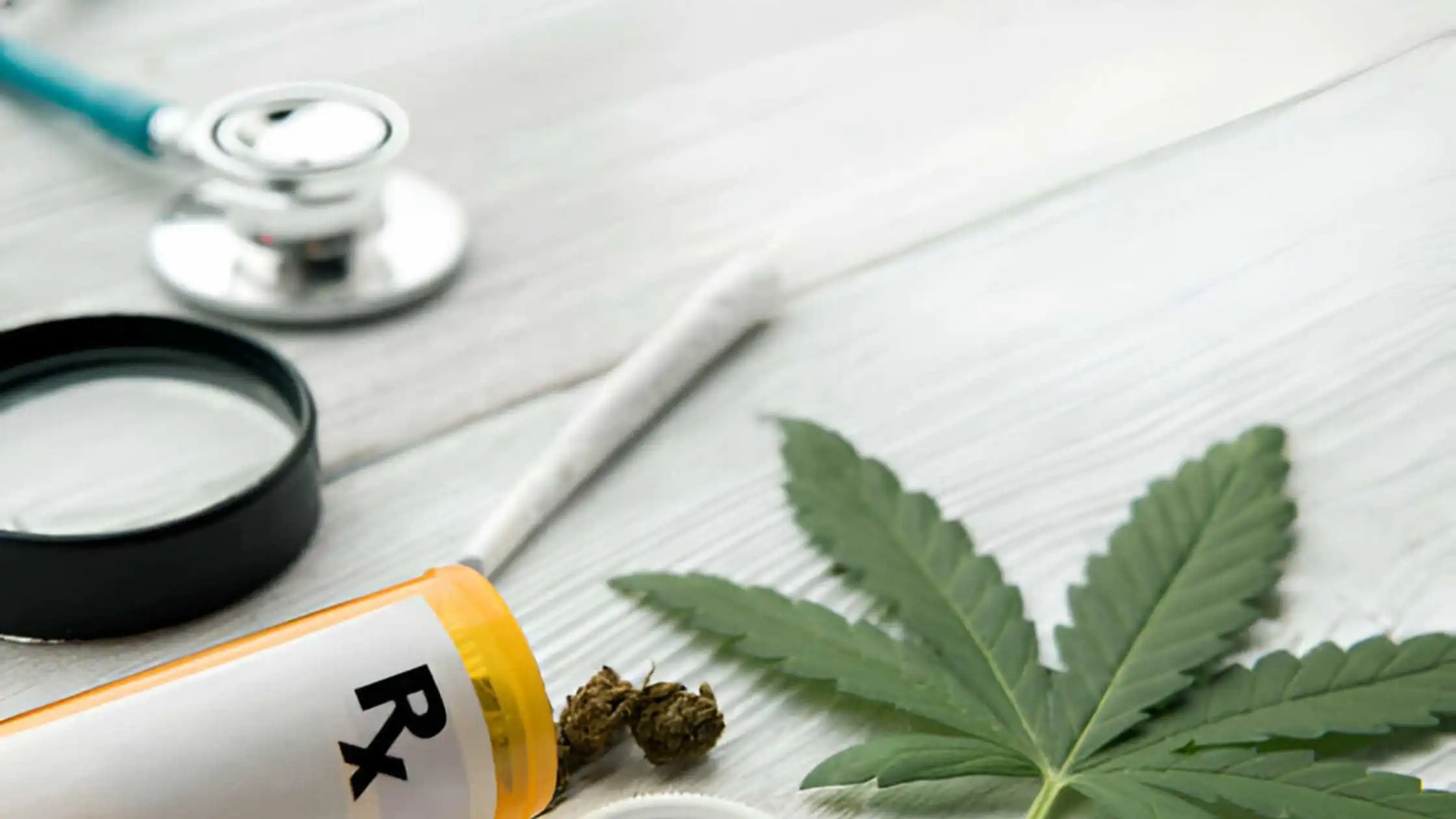To mark World Autism Acceptance Month, mental health activist John Junior opened up about his journey with Cannabis and autism.
John Junior credits Cannabis as saving him from a lifetime of debilitating symptoms – and said he would not hesitate to recommend it to others who are experiencing difficulties.
To recognize World Autism Acceptance Month, which runs throughout April, the 33-year-old mental health activist opened up about his journey with autism and Cannabis.
When, at the age of 11, John’s legs were found to be growing at different rates, his parents took him to Staffordshire Hospital for an operation on his knees. But before the surgery could go ahead, medical professionals carried out several tests to determine the cause of his growth issues.
It was quickly revealed that John was born with an extra copy of the female (X) chromosome, and he was diagnosed with the genetic condition Klinefelter syndrome.
Often not discovered until adulthood, it can cause various physical, hormonal, and developmental symptoms – it affects about one in every 660 males.
With the syndrome also comes an increased risk of mental health disorders such as bipolar disorder, schizophrenia, and autism, John, from Wimslow, explained.
Just a year or so after his hospital visit, he was diagnosed as autistic, which in his case presented itself as an extreme difficulty in processing sensory information.
“We interpret sensory things differently,” he told Cannabis Health.
“It makes us feel overwhelmed.”
He described an intense sensitivity to loud noises, such as people jumping about, car doors shutting, or chairs scraping on the floor.
“I have to cover my ears and can’t look at things because it sends me crazy,” John continued.
“I want to die when it gets too much. It’s very painful and debilitating; it made me suicidal. It was awful.”
John said that he was offered medication for his symptoms, but nothing worked, and instead, he suffered from a catalog of side effects such as sweaty palms and anxiety.
It was at the age of 14 that he discovered cannabis “because people said it chills you out” and began to consume it recreationally.
He soon found that it helped immensely with his sensory sensitivity and made him feel much calmer. But he then had to battle with the associated stigma.
Members of his family and friends told him to stop smoking, he said, and he was afraid to tell his doctors he was using Cannabis in case they stopped offering support.
After advice from a friend who was a nurse, at the age of 25, he transitioned to CBD oil, which he takes twice a day under his tongue and says he experiences no side effects.
John said he would recommend CBD oil to anyone dealing with similar symptoms, although he finds that inhaling whole plant cannabis still helps to offer more immediate relief.
“It’s like a lifesaver. 1,500mg costs about £80 a month, but it’s worth it,” he said.
John works as a television and film editor and said that without CBD oil, he is sure he would not have been able to progress in his career.
“There are a lot of different and repetitive sounds [during work] that used to be annoying, but they’re not anymore,” he says.
He is also a mental health activist and has appeared on several television programs to educate people on mental health disorders.
In 2019, he created ‘John and Charlie’s Journey,’ a movement to raise awareness of suicide and mental illness. In 2020, he campaigned for the UK government to fund billboards with directions for those who were struggling with their mental health during the pandemic.
The facts
Autism is a lifelong neurodevelopmental disorder that affects how people communicate and interact. It is a spectrum disorder and can affect people in very different ways.
A Federal University of Paraiba, Brazil, review looking at studies into cannabis and cannabinoid use in autism spectrum disorder (ASD) was published in 2021.
It revealed that some of the studies show that cannabis products reduced the number and intensity of different symptoms.
These include hyperactivity, attacks of self-mutilation and anger, sleep problems, anxiety, restlessness, psychomotor agitation, irritability, aggressiveness, perseverance, and depression.
They also found improved cognition, sensory sensitivity, attention, social interaction, and language.
The most common adverse effects were sleep disorders, restlessness, nervousness, and change in appetite.
It concluded: “Cannabis and cannabinoids may have promising effects in the treatment of symptoms related to ASD and can be used as a therapeutic alternative in the relief of those symptoms.
“However, randomized, blind, placebo-controlled clinical trials are necessary to clarify findings on the effects of cannabis and its cannabinoids in individuals with ASD.”
World Autism Acceptance Month aims to draw attention to the 70,000 people living with autism in the UK.
This year, the focus has shifted from raising awareness to increasing acceptance and understanding of the condition.
Disclaimer: https://cannabishealthnews.co.uk/2022/04/07/autism-acceptance-mental-health-activist-dubs-cannabis-lifesaver-anxiety22





